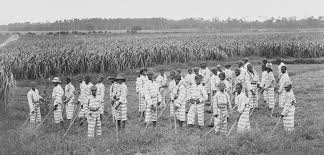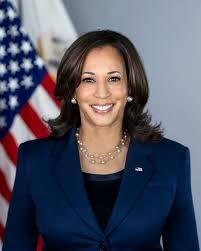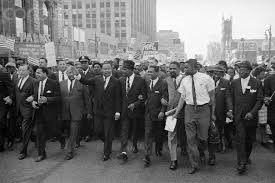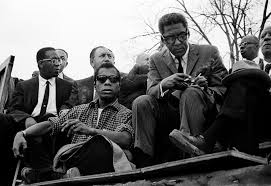I was recently ensnared in one of the most peculiar conversations a Professor could have with a student regarding the fast-approaching Presidential election. That sense of peculiarity turned into concern when I encountered others expressing their intention to vote for Donald J. Trump. This political move is actual support for Trump and his low-information racist brigade of racists in their attempts to “Make America Great Again.” Simply put, there is a significant population of Black men determined to cut off their noses to spite their faces by voting for white supremacy and its various manifestations.
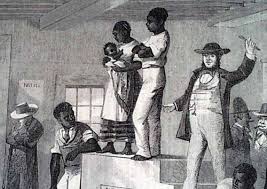
One particular discussion with a young man determined to “Make America Great Again” led me to believe he was suffering from Stockholm syndrome. The same mental disorder that ensnared Patricia (Patty) Hearst after being kidnapped by the Symbionese Liberation Army (SLA) in 1974.
The granddaughter of publishing magnate William Randolph Hearst attributed her support of the SLA robbing of several banks to Stockholm syndrome, a malady that mental health experts term a psychological response by abduction victims who develop a bond with their captor via brainwashing.
It appears that the Black men willing to vote for Donald J. Trump are due to a perfect storm of historical illiteracy flowing from an absence of relevant education, miseducation, and an astounding inability to understand the never-ending battle for politico-economic control. After all, the colonists’ desire for political power and wealth birthed this nation.
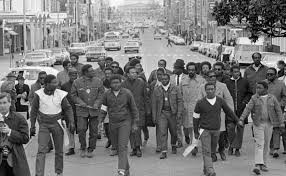
The never-ending resistance of majority white public school boards regarding the inclusion of the Black experience has left several generations of Blacks without an understanding of Jim Crow. One only needs to listen to the illogical hair-brained assertions of pseudo-Black Studies intellectuals that have proliferated over the last few years as if they were Gremlins who have found a large body of water to dive into for verification. They have no idea that their support of Donald J. Trump is akin to turning a blind eye to Mississippi bigots while they teach Blacks life lessons.
Yet, those proudly expressing their desire to cast a vote for the sake of “Making America Great Again” a synonym for returning to an era that Rayford Logan termed The Nadir, a moment where rapes, lynchings, abductions, and burnings of Blacks were the rule of law. And before pseudo-historians assert that they were members of the Democratic Party, this is true. Yet, that spirit of unregenerate evil moved in mass toward the Republican Party during the Southern Campaign. Today’s Democratic Party is no more reflective of the old Democratic Party than today’s Republican Party reflects the values of old. No William Lloyd Garrison, John Brown, Maria Stewart, David Walker, or Frederick Douglass are found in their midst.
Time is running out for Black men to reach an understanding that this political matter has nothing to do with Kamala Harris and her racial identity; it has everything to do with the realization that your best interests are represented by those supporting unionization, the pathway to a solid middle-class, and the monitoring of those who have to this day done their best to solidify their privileged position by rigging the system in their favor.
Although I stand with those who maintain that Black men are not a monolithic population, I also understand that the interests of most Black men are best served at the present moment by the Democratic Party ticket. An inability to recognize this fact hints at you not understanding the stony road our people have trod and the long way we must go in the battle to ensure that Black people have accessible pathways for individual and collective growth.
Dr. James Thomas Jones III
© Manhood, Race, and Culture 2024.
